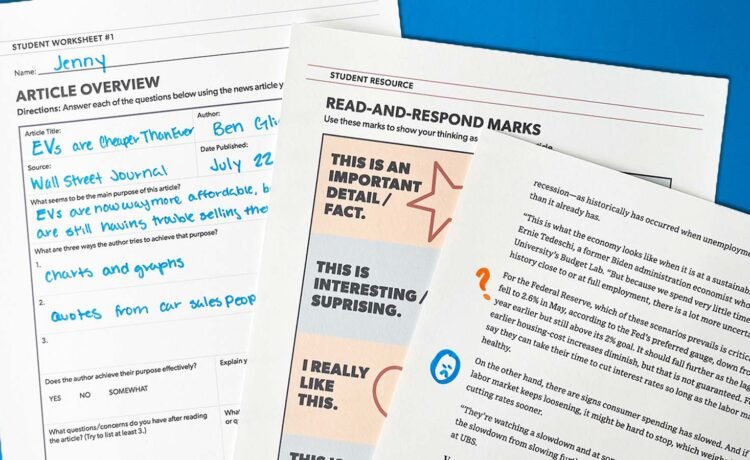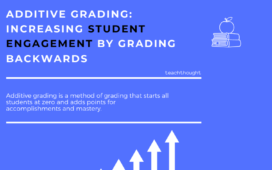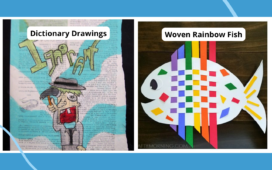Our students are bombarded with media messaging every day. With the huge amount of content they consume, young people are finding it increasingly challenging to recognize real information vs. fake. The need to be media literate has never been more important. But finding the time to develop comprehensive lessons can be challenging. That’s where these Article of the Week mini-lessons come in. Created in partnership with The Wall Street Journal High School Program, these ready-to-use activities each focus on a different media literacy skill. Using current newspaper articles you’ll engage students and spark meaningful discussions each week. We’ve designed them to fit seamlessly into your busy schedule while enhancing your students’ understanding of media and its impact.
Activity 1: Read-and-Respond
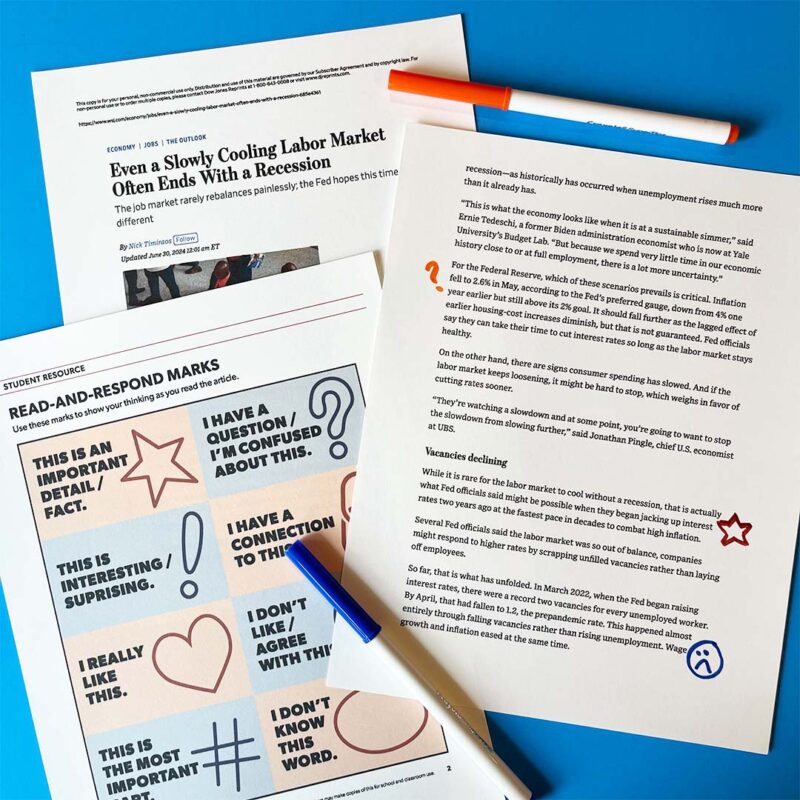
Using any news article (The Wall Street Journal has provided three excellent articles in this download to get you started!), you and your students will practice reading media critically by marking the article with the symbols on the Read-and-Respond poster and bookmarks. It’s a perfect way to practice critical reading skills, annotating the text with their questions and thoughts.
Activity 2: Article Overview Analysis
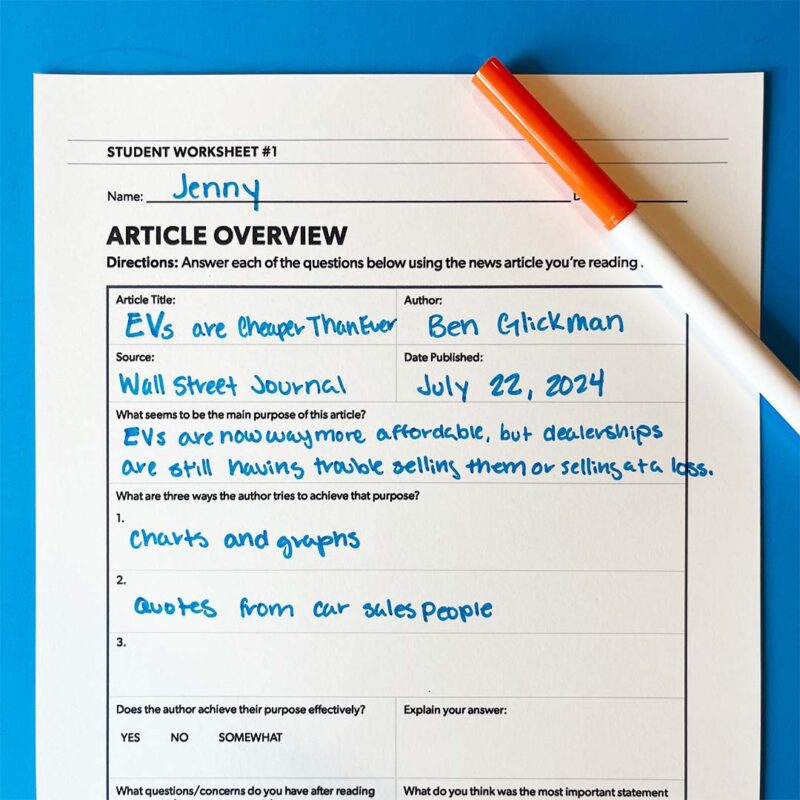
The second activity asks students to take a close look at the main purpose of the article. Additionally, they’ll identify key elements of the article. The activity is simple, but the benefits of learning how to identify these basic components of an article helps build the foundation of your students’ media literacy skills.
Activity 3: Identifying Bias
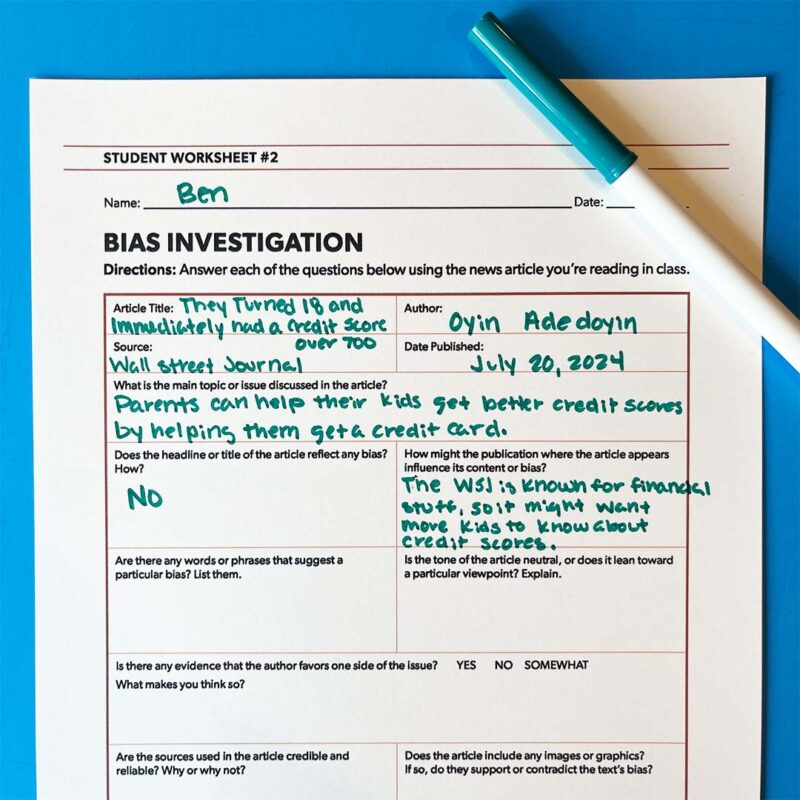
By now, your students will be very familiar with the article they’ve been studying. And that’s good, because now they’re going examine it through a different lens. This activity asks them to look for examples of bias. Is the author trying to persuade readers to feel a certain way about the topic? Do the words, phrases, images, or graphics be used to present a particular viewpoint? These questions will guide your students toward thinking deeply about the media they consume.
Activity 4: Developing Discussion Questions
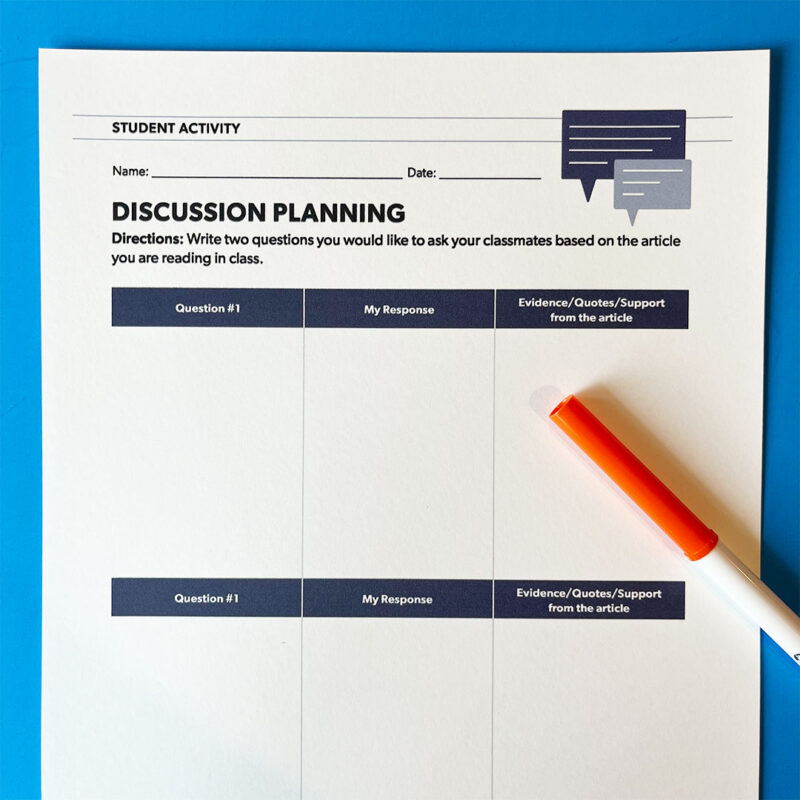
By this point, your students have studied their article from many different angles. Now they get to highlight the ideas they’re most interested in. They will create two different questions they find interesting or important about the article. Maybe they want to talk about the subject of the article. Maybe they want to address bias present in the article instead. This is their chance to highlight what stood out to them.
Activity 5: Discussion and Next Steps
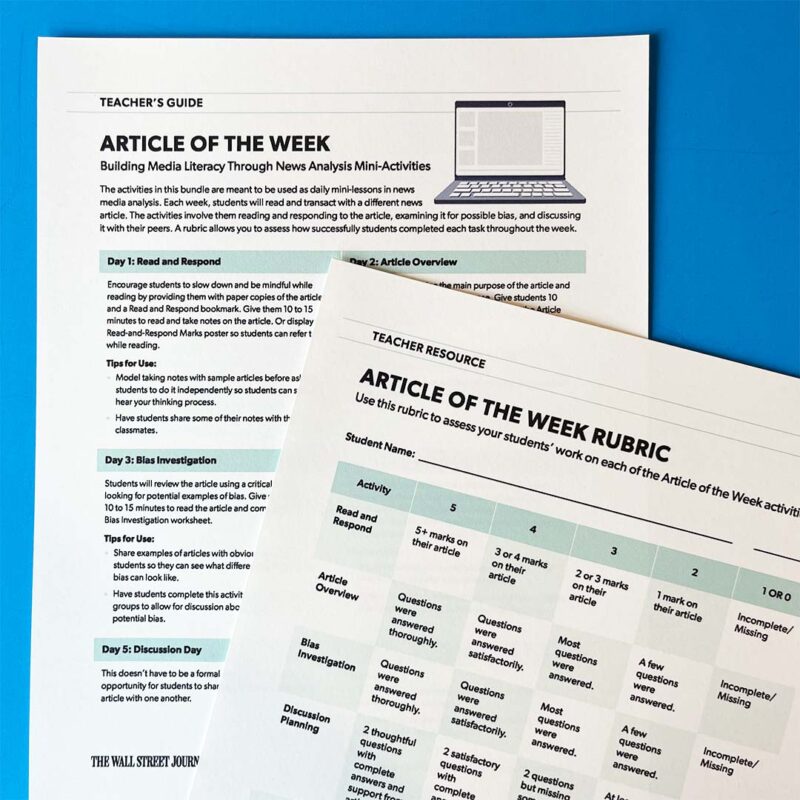
Giving our students chances to share their thoughts with each other is so important. The final activity in this Article of the Week bundle encourages students to ask their classmates the questions they posed in the previous activity and respond to their peers questions. This doesn’t have to be anything formal, just 10-15 minutes of class time is enough! Finally, we’ve provided a comprehensive grading rubric if you’d like to assess and provide feedback to your students.
Next Steps

Once you’ve downloaded your Article of the Week media literacy lessons and read the first three articles from The Wall Street Journal, but sure to visit The Wall Street Journal High School Program to find out how you can continue accessing their great content moving forward. Signing up for the program provides:
- Unlimited article access on WSJ.com
- Options available to receive print copies of The Wall Street Journal
- Informative podcasts and videos, featuring interviews with WSJ editors and notable influencers
- Monthly access to Class Notes, an exclusive newsletter highlighting content and classroom resources for high schoolers

